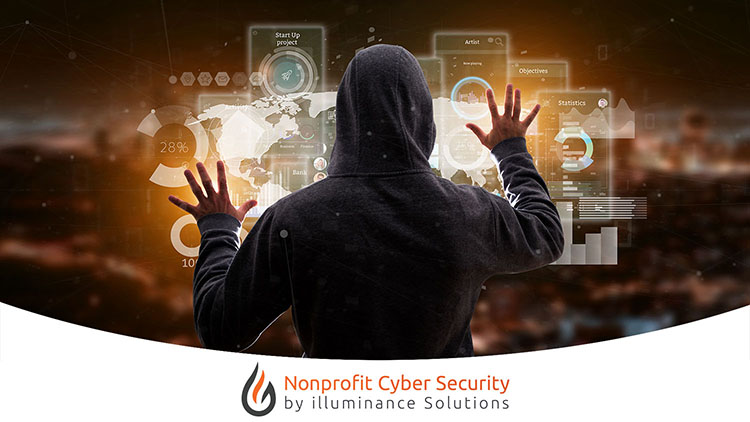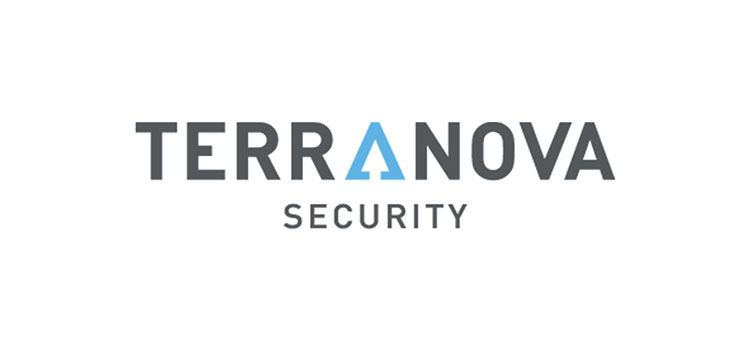The COVID-19 pandemic has created an ideal environment for cybercriminals all over the world to launch phishing campaigns intended to enable criminal activities. These campaigns can be anything from simple theft of credentials to outright fraud. The depth of cyber-crime during the pandemic has, however, reached unprecedented levels.
A spike in cyber-crime
The Australian Signals Directorate’s Australian Cyber Security Centre (ACSC) continues to receive reports from individuals, businesses and government departments about a range of different COVID-19 themed scams, online frauds and phishing campaigns.
Cybercrime actors are pivoting their online criminal methods to take advantage of the COVID-19 pandemic. On average each month, the ACSC receives about 4,400 cybercrime reports through ReportCyber, and responds to 168 cyber security incidents. Since 10 March 2020, the ACSC has:
- received more than 95 cybercrime reports (approximately two per day) about Australians losing money or personal information to COVID-19 themed scams and online frauds,
- responded to 20 cyber security incidents affecting COVID-19 response services and/or major national suppliers in the current climate, and
- disrupted over 150 malicious COVID-19 themed websites, with assistance from Australia’s major telecommunications providers, Google and Microsoft.
Since March 2020, cybercriminals and other malicious actors are distributing widespread COVID-19 themed SMS and email campaigns, together with a variety of scams. The ACCC’s Scamwatch has received over 1,100 reports about COVID-19 scams, with almost $130,000 in reported losses reported. The ACSC has received over 115 cybercrime and cyber security incident reports from individuals and businesses. The true extent of this malicious activity is likely to be much higher, as these numbers only represent cases reported to the ACSC and the ACCC.
The pandemic itself may be starting to wane but concerns over the emergence of COVID-19 hotspots are still widespread. Nobody knows this better than cybercriminals, who are continually looking to finds ways to exploit those fears.
The best defense against cyber-attack campaigns remains end user education, and for people that work from home it would be essential to secure their devices. However, given the increased sophistication of phishing and cyber-attacks, the next step would be to contact an expert in cyber-security.
Who are most vulnerable?
The ACSC is aware of a range of payment themed scams targeting Australians that use official Australian Government branding, and recent cases of cyber-attacks on providers of home delivery services has also been reported. illuminance Solutions acknowledge that while we all are vulnerable for cyber-attacks, there are some that may be even more so;
- nonprofit organisations; and
- senior citizens.
To help these two groups we have partnered with several organisations, both globally as well as locally, to reduce the success rate of cyber-attacks. Contact us for more information on how we can help.
Our Partners
To support the nonprofit sector in Australia to tackle the spike in cyber attacks, illuminance Solutions is working with Canadian cyber security firm Terranova Security to bring its globally recognised training courses to assist nonprofits in Australia, and has also partnered with the WA AustCyber Innovation Hub. The Cyber Security solution led by illuminance Solutions will allow nonprofits to access cyber security expertise while their staff are trained by international experts while Microsoft technologies are implemented to fit each nonprofit’s needs and requirements.
Sources: ACSC and Securityboulevard.com
illuminance Solutions is a Microsoft Gold Partner and a 2019 Microsoft Global Partner of the Year: Partner for Social Impact.






